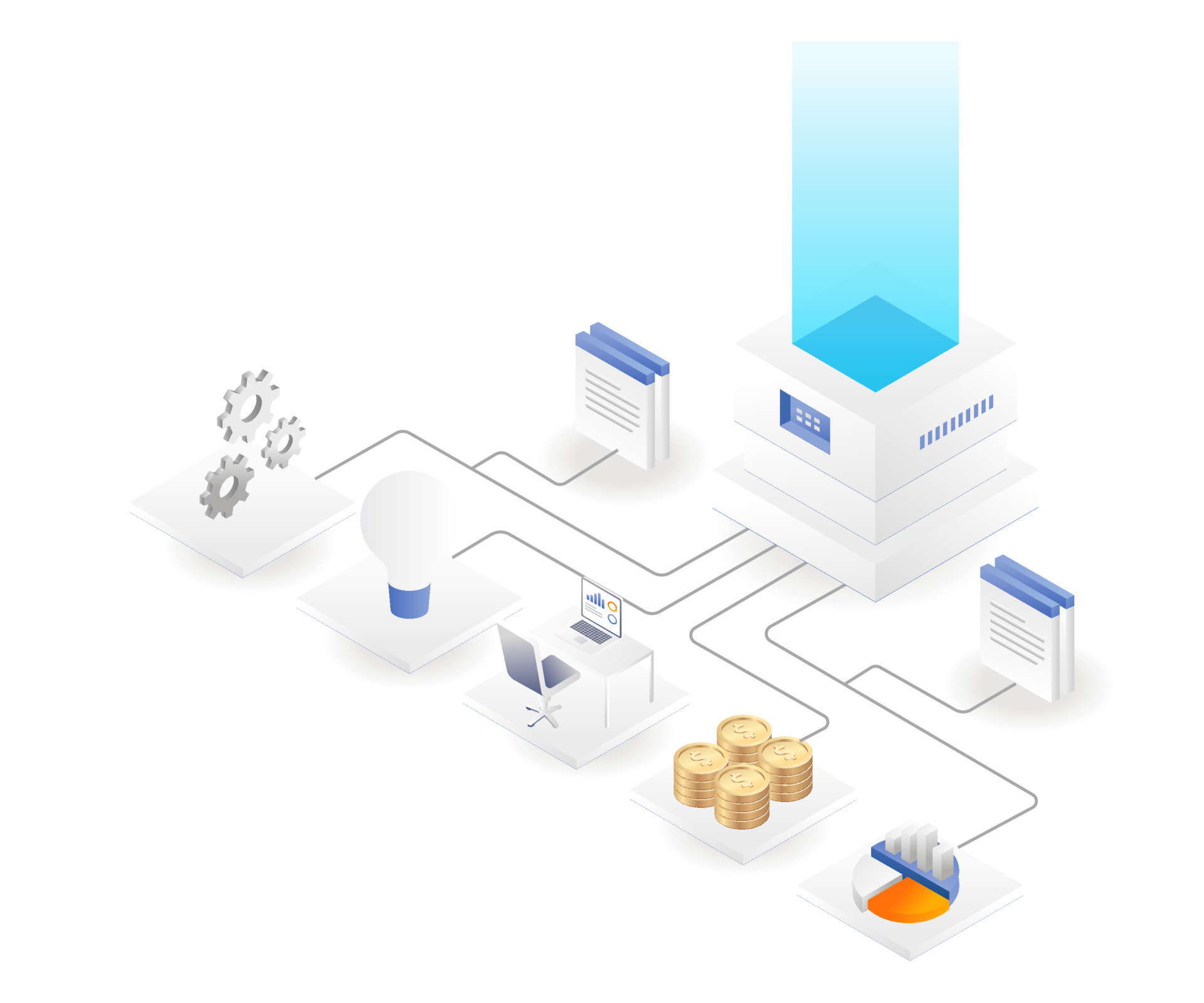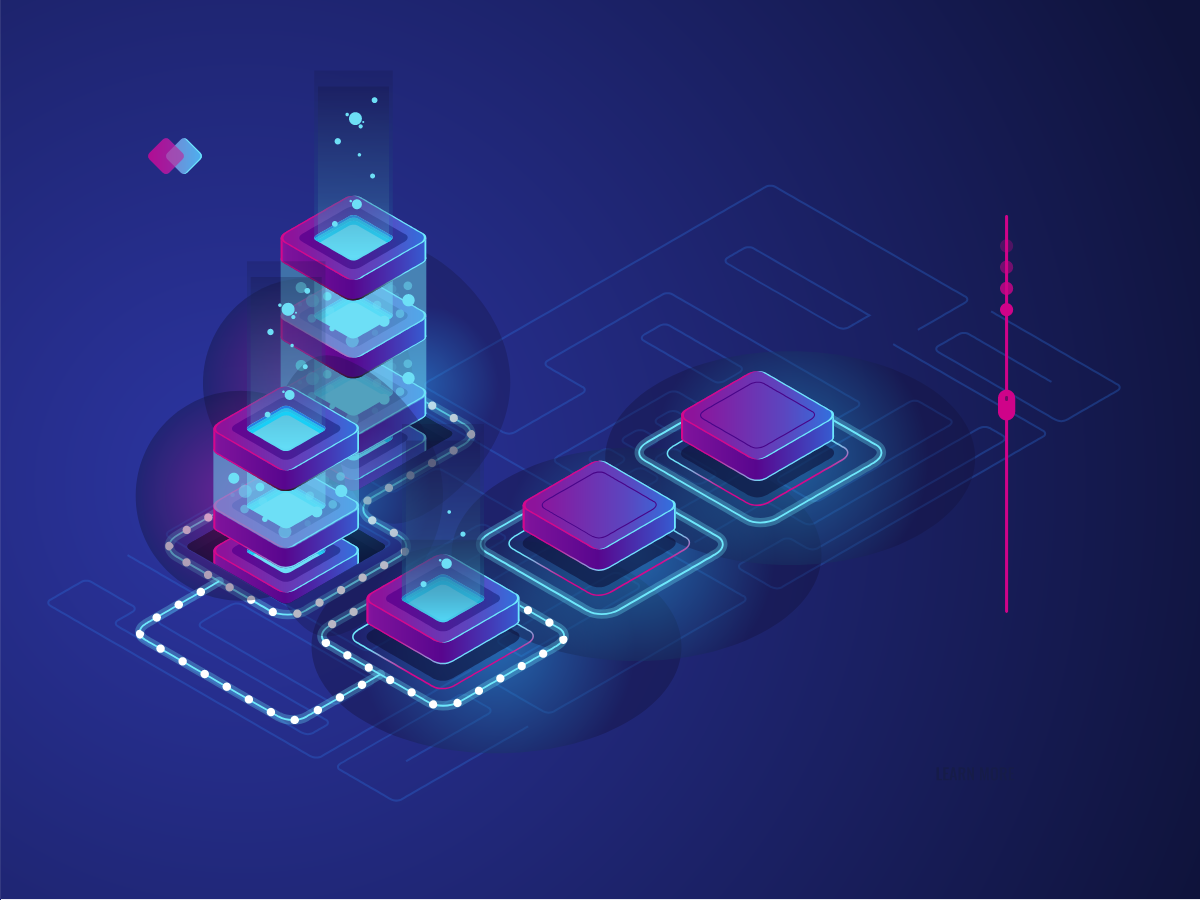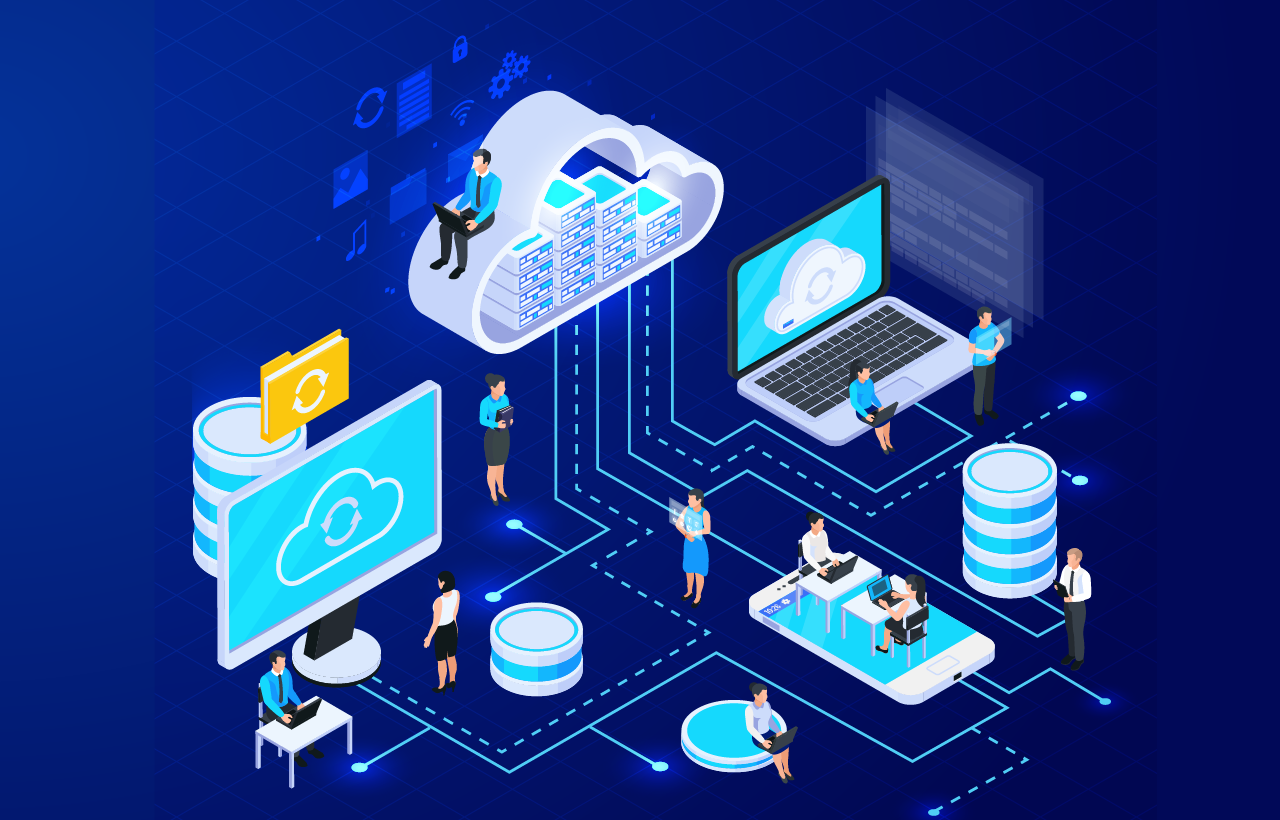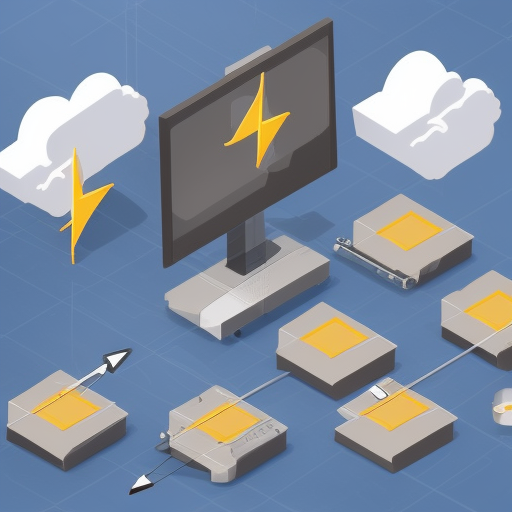The Challenges of Maintaining On-Premise Infrastructure:
Maintaining an on-premise infrastructure can come with a host of challenges including the constant upkeep required to keep it running smoothly and the resulting stress.
In a recent survey, CTOs identified maintenance and management as the second most challenging aspect of moving to on-prem. This is because the investment in infrastructure is just a fraction of the investment needed to maintain on-prem on a daily basis.
Ok but 500k is the whole budget for location, backup location, energy, DevOps people, operation people, etc.. I run part of our infra on-premise, and part of it on AWS.. in the summer, we had issues with our air-conditioner (Europe) and we had to turn-off partially our service, now in Winter because of the raising costs, we are discussing again what to do with the on-premise services, employees getting ill, etc but AWS, in another hand, is just a bill. -pelasaco on HackerNews
But is that simple on the cloud?
Support and Troubleshooting with Cloud Vendors
Before the Cloud, if something went wrong - you had all the access you needed to fix it. It was hard and complex but at least you had the ability.
But by using a third party - either the Cloud or even a Data Center, you are reliant on the support you need from the technicians.
In the ReWork podcast, DHH and Eron Nicholson of 37Signal, claim they get better support from their Data Center (with whom they have a direct relationship) than from the public cloud. DHH says it all boils down to personal connection - they can just call up the data center and get help.
Another point about spending that money's about who you're supporting with that money and what you get for that money. We support a data center that is close to the same sort of scope of business as us. They're friendly people that we have talked to for 10 to 12 years and they're not going anywhere. They're the same kind of people that we are. Whereas Amazon, we give them, you know, $275,000 - $300,000 a month, and they don't care at all about us. They don't answer our calls. Even at that spend which is at some very low support levels (you know, support can get exorbitantly expensive with, AWS) but even at that we open tickets with them and we don't get responses for hours, whereas we call our data center and they are on the phone with us immediately and they care about our problems and they want to help us. “ - Eron Nicholson, Director of Operations at 37Signal speaking on the ReWork podcast.
It must be frustrating to pay a lot of money to the public cloud for highly abstracted service (no access to troubleshoot things yourself) and then need to wait on tickets to be answered.
The feeling of ‘inadequate support in the public cloud’ was echoed in HackerNews with many developers sharing their horror stories.
But did CTOs feel the same way?
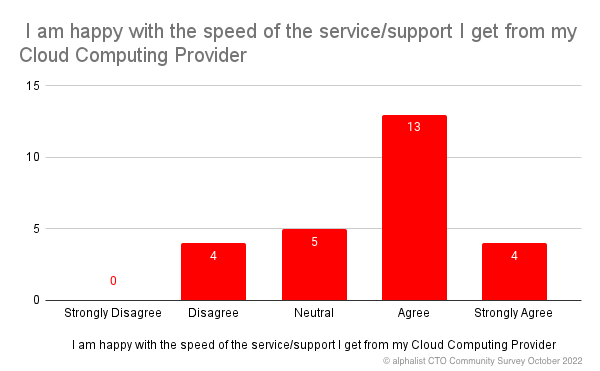
When we asked CTOs how they felt about the support they receive in the cloud, 50% agreed with the statement “I am happy with the speed of the service/support I get from my Cloud Computing Provider”, 15% strongly agreed, 19% felt neutral about it and 15% disagreed. On a rating of 1-5, support by Cloud computing companies got 3.7.
Stress
The stress of managing an on-premise infrastructure can also be a major challenge. When something goes wrong, CTOs and IT teams are on the hook to fix it, often with little to no support from outside vendors. This can lead to sleepless nights and constant anxiety, especially in industries where uptime is critical.
Does the cloud let CTOs sleep better at night?
I ran data centers with many servers and an operations team of 35 specialists in a role before and I can say that I am happy now running on AWS 100 % serverless. No more OCD or sleepless nights for my team. And yes the cloud services are expensive if you just compare it to the costs of purchasing servers. The real costs are in operating the servers, and patching,” -CTO on alphalist CTO slack
Others point out that it's not like there is no stress in using the cloud. Just different stress.
Also not convinced on the argument that the cloud gives better sleep. Nobody should wake up over a down (redundant) hard drive, yet software bugs, scaling issues, etc. happen also in the cloud (either system stops, or auto-scaler makes 1M$ excess bill;-)) - CTO writing on alphalist CTO slack
89% of CTOs surveyed agreed or strongly agreed that “is it less stressful to use the cloud than to do it all on-prem”. We also found that those paying more yearly on the cloud were more likely to agree with the statement.
Conclusion
Overall, the challenges of maintaining on-premises infrastructure must be weighed against the potential benefits and drawbacks of using the cloud. While on-premises infrastructure may offer more control and customization, the cost and strain of the constant upkeep must be considered.
